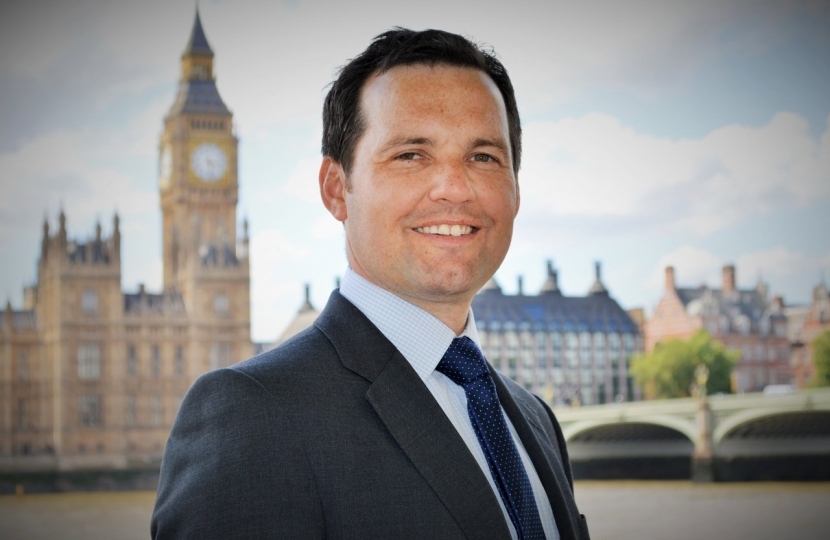
The political conference season has its highs and lows, but most people rather sensibly leave any and all interest to members of political parties to debate and squabble about. The Prime Minister, Boris Johnson, capped a rather uplifting event in Manchester that was a little light on policy details but great for team building.
There is often too much divisiveness in normal life and especially in politics so, it was good to get away from it, even during the most political of events. Boris Johnson is clearly a uniting figure but his team in the Cabinet have to fulfil their responsibilities in detailing and delivering on vital policies.
Towards the end of October, the Chancellor, Rishi Sunak, is going to deliver a Spending Review and Budget where the details of the ‘levelling up’ plan need to be spelt out. This is a set piece opportunity to, like the Prime Minister, inspire the nation, people, and businesses as we, not just, recover from the COVID-19 lockdown restrictions but also take advantage of the opportunities that Brexit gives.
Some somewhat negative people thought that Brexit would be a disaster and they still have their fingers crossed that it will be. They predicted that we would face immediate economic collapse and now blame all the woes due to COVID-19 on our decision to improve our democracy.
I have been reading about fleets of container ships queuing to off-load and pick up off the Californian coast and queues 25 miles long backing up outside of Chicago because of the global quirks of logistics. These problems are largely due to the impact of lockdowns disrupting normal trade routes; vehicles, containers and ships being in the wrong place; the Suez Canal being blocked for six days; and the inability of routine driving lessons and tests to be taken. These problems are bigger than Britain.
I have often likened the British and global approach to locking down our societies as a choice to pull a thread that causes the complex web to start to unravel. A year ago, I started raising concerns that governments were creating many long-term problems for health, education, and our economy by locking down.
On a recent visit to a sixth-form college, the pupils unanimously rejected any more lockdowns because they believed that it was so important that they catch up on their education. For older workers, not being able to qualify as a lorry driver means that they do not have that opportunity but also that they are unable to help fix our logistics backlog before Christmas.
One silver lining is that many workers, who have not been furloughed, are receiving a well earned pay rise. I have a HGV licence and know that it is far tougher than it looks and we have to give more credit to those who truck morning, noon, and night.
Sky News is hosting an event in Rotherham to discuss our post-pandemic and Brexit recovery and I am looking forward to being one of the panellists. A key question is what levelling up means and how will it change our lives.
I always think of levelling up as a rebranded Northern Powerhouse, except that it applies to more parts of the country. London and the South East of England have superb infrastructure so any business knows that, by locating there, they will have a vast pool of talent millions strong who can get great and well-paid jobs. Our infrastructure lags way behind and our town and cities are badly connected, so it makes it difficult for business to invest because they need a wide pool of talent.
This is what the Chancellor needs to deliver upon at the end of the month because it is the clearest way to signal to business and job creators that they should invest here. Different parts of the country will have different strengths and high-tech skilled manufacturing should increasingly be part of our future. This will require cheap reliable energy which should be supplied by nuclear energy.
The North West leads the country in our nuclear expertise so, at COP26, the Prime Minister can secure this vital sector and power the return and renaissance of well-paid and skilled manufacturing jobs.


